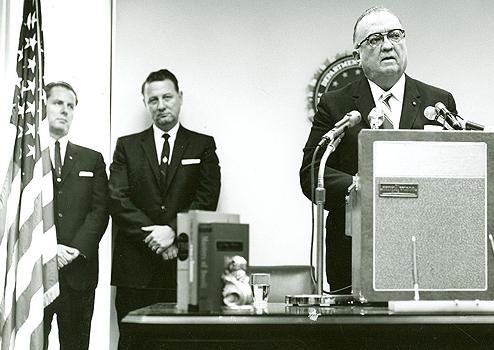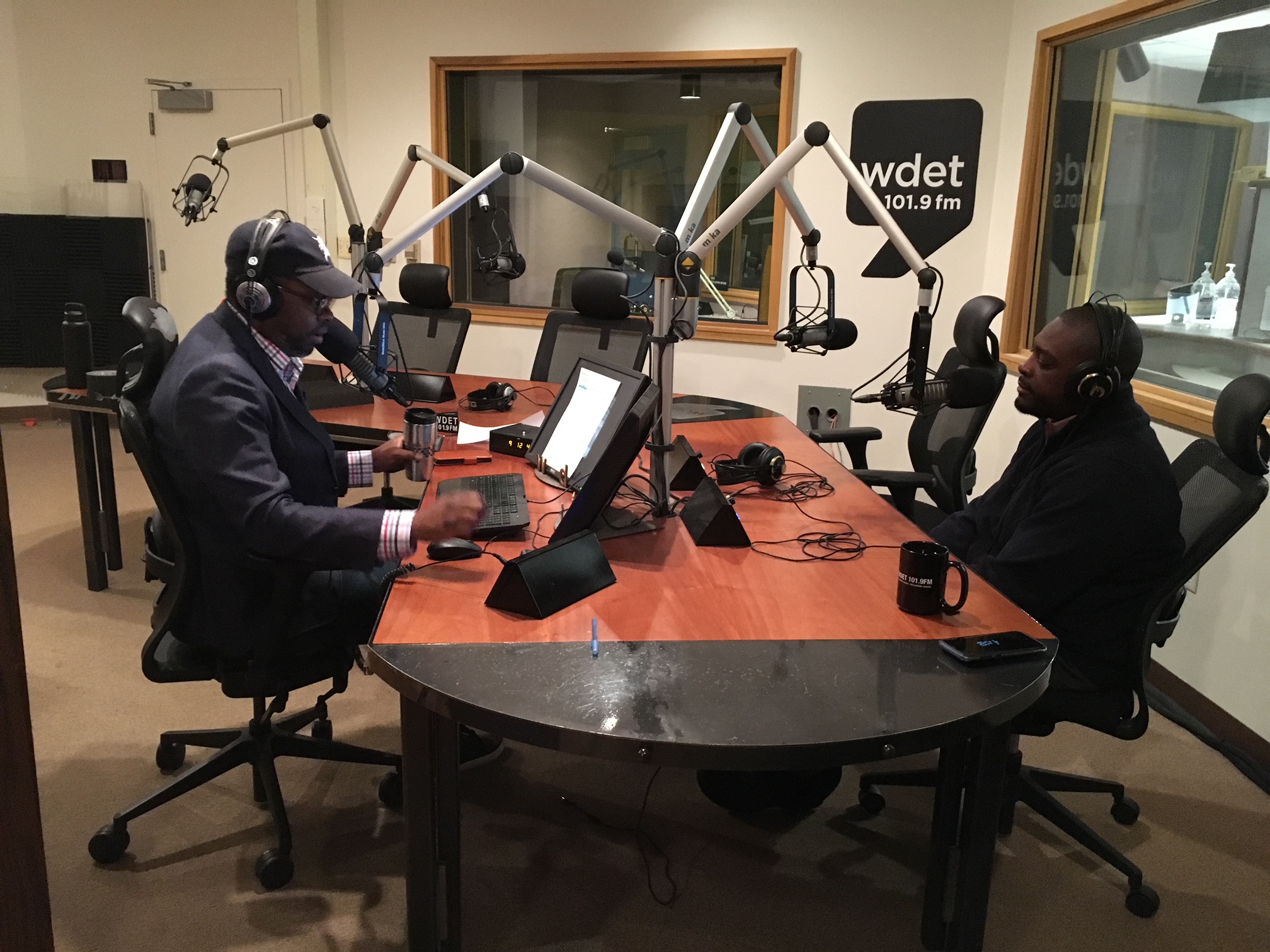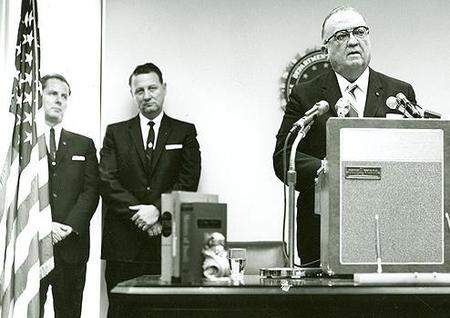The FBI’s Fraught, Complex History with Black America
“Some of the same critical issues that African Americans faced in the 60s are still some of the same critical issues we face today.”


Detroit Today has recently been exploring the shifting politics surrounding the FBI. Between investigations into Hilary Clinton and Donald Trump, turnover in leadership, and classified political memos, the FBI appears to have few friends right now in Washington.
Republican lawmakers have traditionally been defenders and advocates for the federal law enforcement agency, but the GOP has turned on the FBI in recent months as the investigation into President Trump heats up.
But the politicizing of the FBI is nothing new, and its reputation has already been tarnished for some Americans for decades — namely, African Americans.
The FBI has a legacy of attacking Martin Luther King Jr.’s character during the Civil Rights Movement, running a counter-intelligence program to disseminate lies about civil rights leaders and advocates, and generally treating black activists like thugs and gangsters rather than Americans fighting for equal treatment and justice under the law.
Jakobi Williams, associate professor of history with a focus on African American and African Diaspora Studies at Indiana University, speaks with Detroit Today host Stephen Henderson about the relationship between the FBI and Black America.
According to Williams, the founding of the FBI was based on keeping track of black Americans attempting to assert their rights as citizens. The first surveillance program was against Marcus Garvey in the 20s, which “pretty much spear-headed and spring-boarded the FBI into what we now know it to be today.”
Williams thinks many of the same problems around law enforcement, race, and activism persist.
“Some of the same critical issues that African Americans faced in the 60s are still some of the same critical issues we face today,” he says.
Click on the audio player above for the full conversation.

